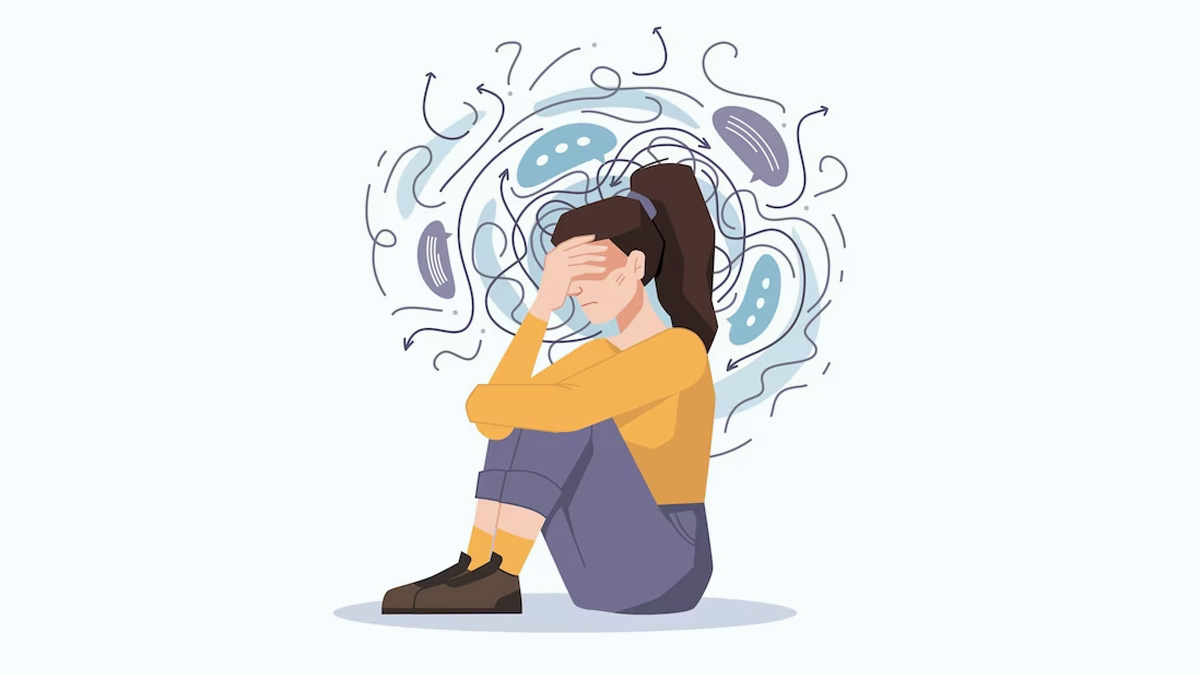
May is observed as Mental Health Awareness Month, dedicated to spreading awareness and destigmatising the conversation around the subject. One of the most common topics that experts often discuss is depression. According to a March 2023 report of the World Health Organization, approximately 280 million or 28 crore people in the world are suffering from depression.
It is a serious disorder in which a person persistently feels hopeless, sad, worthless and empty. The patient loses interest in activities they once thoroughly enjoyed. Depression can range between mild to severe and can be caused by numerous factors, including environmental factors, life events and genetics.
To get you more information on the subject, we connected with Suruchi Shah, a mental health counsellor. She said the disorder can be treated using therapy, medication or a combination of both.

Depression can start affecting the day-to-day life of a person. It can present itself with physical symptoms, including:
Shah said it has the ability to affect a person's emotional well-being, behaviour and overall functioning leading to distress and impairment in various aspects of life. It is difficult to identify if a person is suffering from depression because symptoms vary from individual to individual, she said.
Shah shared an observation that patients suffering from depression also try to “mask their feelings and hide their symptoms.” Sometimes, they might not even be aware of the issues they are experiencing.
When observing others, a few symptoms to look out for in depression are:
“If someone expresses thoughts of self-harm or suicide, it's important to take it seriously and seek immediate help,” Shah added.

Some of the ways you can help your loved one suffering from depression.
Don't Miss: Vegetarian, Non-Vegetarian And Vegan: How Diet Affects Periods And Pregnancy

While eating is not the solution to tackle depression, it can certainly help with the upliftment of mood. Shah shared a list including,
Shah said that these food items can only improve mood but cannot replace professional help. She also said a person should get tests for vitamin D, vitamin B and magnesium levels. Their deficiency is also linked with depression, however, it cannot be the only cause.
Don't Miss: Alia Bhatt Opens Up About Postpartum Therapy

Apart from therapy and food items, a patient should also indulge in certain activities that can help them feel happy, hopeful and lively. The list includes:
There is no designated way to treat a patient. One thing might be for an individual, while another patient might need a different approach to overcome depression. Do take professional help to figure the right way out. Stay tuned to HerZindagi for more such stories.
Also watch this video
Herzindagi video
Our aim is to provide accurate, safe and expert verified information through our articles and social media handles. The remedies, advice and tips mentioned here are for general information only. Please consult your expert before trying any kind of health, beauty, life hacks or astrology related tips. For any feedback or complaint, contact us at [email protected].